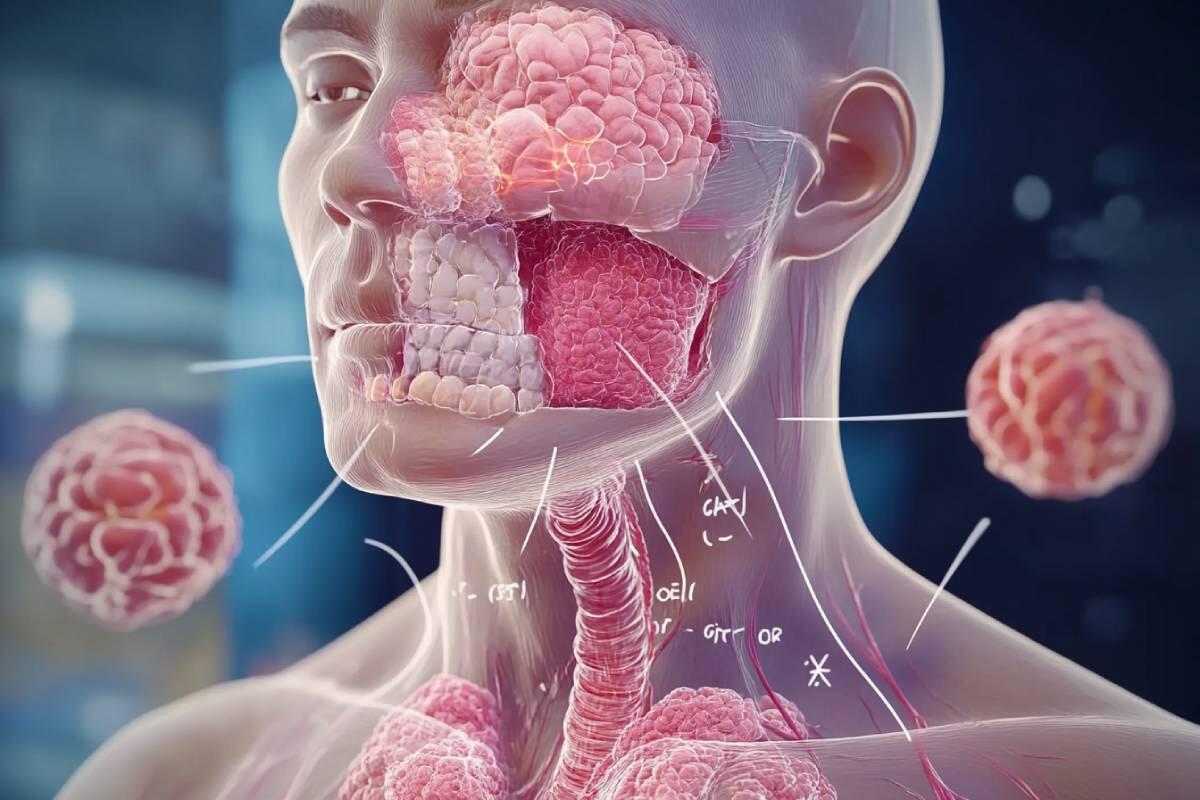Candidiasis: What It Is, Symptoms, Types, Causes, and Treatment
Candidiasis, commonly known as a yeast infection, is caused by an overgrowth of Candida, a type of fungus that naturally resides in small amounts in the human body. While typically harmless, when conditions favor its overgrowth, it can result in uncomfortable and sometimes recurrent infections affecting various body parts.
At Clinic Consultation, we understand how distressing candidiasis can be. Our team is committed to providing accurate diagnoses, effective treatments, and personalized advice to help manage and prevent this condition.
What is Candidiasis?
Candidiasis is a fungal infection that occurs when the body's natural balance is disrupted, allowing Candida to multiply excessively. This condition can manifest in different forms, including oral thrush, genital yeast infections, and skin candidiasis.
The symptoms and severity of candidiasis vary depending on the affected area, but early diagnosis and treatment are essential to prevent complications. Our specialists at Clinic Consultation are here to guide you every step of the way.
Types and Symptoms of Candidiasis
Oral Thrush:
Characterized by white patches or plaques in the mouth, tongue, and throat, oral thrush can cause discomfort, redness, and difficulty swallowing.
Genital Yeast Infection:
Common in both men and women, symptoms include itching, redness, swelling, and a white discharge resembling cottage cheese.
Skin Candidiasis:
Affects warm, moist areas such as under the breasts, between fingers, or around the groin. Symptoms include redness, rash, and sometimes cracking of the skin.
At Clinic Consultation, we provide comprehensive evaluations to determine the type of candidiasis and recommend tailored treatment plans for fast relief.
Main Causes of Candidiasis
The overgrowth of Candida can be triggered by several factors, including:
- Prolonged use of antibiotics that disrupt the natural flora.
- Hormonal changes, such as during pregnancy or menopause.
- Uncontrolled diabetes, which creates a favorable environment for fungi.
- A weakened immune system due to illness or medication.
Understanding the root cause is key to effective management. Our team at Clinic Consultation focuses on identifying and addressing these triggers to reduce recurrence.
Effective Treatments for Candidiasis
Treatment options for candidiasis depend on its type and severity. Common treatments include:
- Topical Antifungals: Creams and ointments for skin and genital infections.
- Oral Medications: For more severe or systemic cases, prescription antifungals may be required.
In addition to medical treatments, we emphasize preventive care, such as wearing breathable clothing, maintaining proper hygiene, and avoiding excessive sugar consumption.
At Clinic Consultation, we combine medical expertise with personalized care to ensure lasting results for our patients.
Prevention and Daily Care Tips
Preventing candidiasis involves simple but effective measures:
- Wear loose-fitting, cotton-based clothing to keep skin dry.
- Avoid prolonged use of antibiotics unless prescribed.
- Manage blood sugar levels if you have diabetes.
- Maintain good hygiene and avoid irritants like scented products.
We offer expert guidance at Clinic Consultation to help you incorporate these habits into your routine for better health and prevention of recurrent infections.
Conclusion
Candidiasis is a common but manageable condition with the right care. At Clinic Consultation, we prioritize your well-being by offering expert diagnostics, effective treatments, and preventive strategies tailored to your needs. Schedule an appointment with us today and regain your comfort and confidence.
